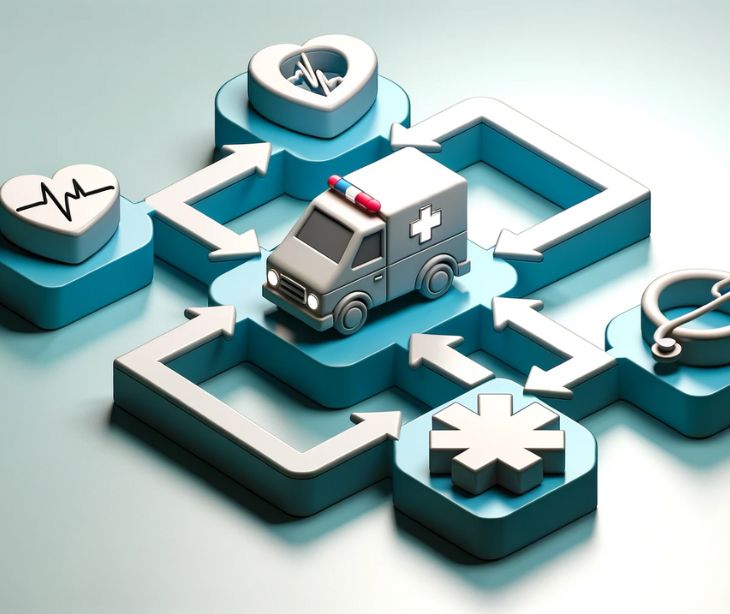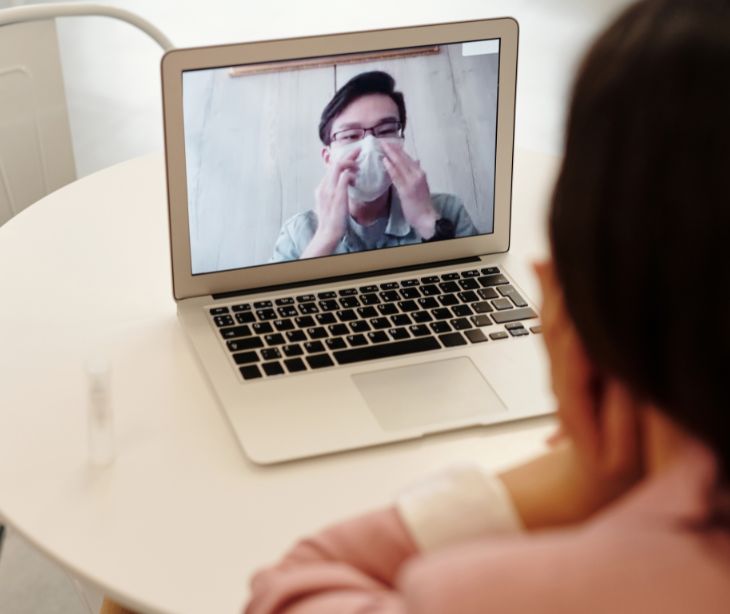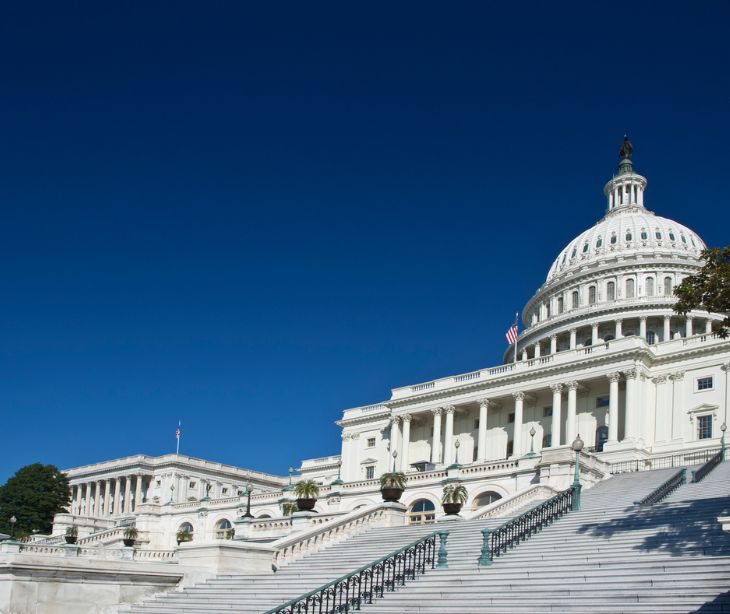
According to HIPAA, an emergency is a situation that requires immediate medical attention or public health intervention, often involving imminent danger.
Emergencies according to HIPAA
When it comes to emergencies, HIPAA recognizes that not all situations are the same, and it provides a framework to determine what qualifies as an emergency:
- Life-threatening medical conditions: In situations where a patient's life is in danger, and medical records are required for timely and effective treatment.
- Natural disasters: In the event of natural disasters like hurricanes, earthquakes, or wildfires, healthcare providers could require access to patient information to treat affected individuals who are unable to give consent because of their circumstances.
- Disease outbreaks: Sharing protected health information (PHI) may be required in situations involving infectious disease epidemics or public health emergencies to monitor, control, and stop the disease's spread.
- Accidents and injuries: In the event of accidents, injuries, or mass casualties, healthcare providers could require access to patient data in order to administer appropriate care.
- Mental health crises: circumstances that call for quick intervention and access to a person's mental health information because they represent a threat to themselves or others.
See also: Does HIPAA apply in emergencies?
Limited waiver
The HIPAA Privacy Rule is not suspended during an emergency; however, the Secretary of the Department of Health and Human Services (HHS) may waive certain provisions of the Privacy Rule under the Project Bioshield Act of 2004 and section 1135(b)(7) of the Social Security Act.
If the President declares an emergency or disaster and the Secretary declares a public health emergency, the Secretary may waive sanctions and penalties against a covered entity.
Examples of this were:
Note: The waivers are usually limited in scope, and covered entities must still aim to comply with HIPAA regulations where possible.
Effective communication during an emergency
Effective communication during an emergency ensures the safety and well-being of individuals. Using HIPAA compliant email services allows for secure sharing of patient information among authorized personnel, safeguarding patient privacy even in emergencies.
Subscribe to Paubox Weekly
Every Friday we bring you the most important news from Paubox. Our aim is to make you smarter, faster.




